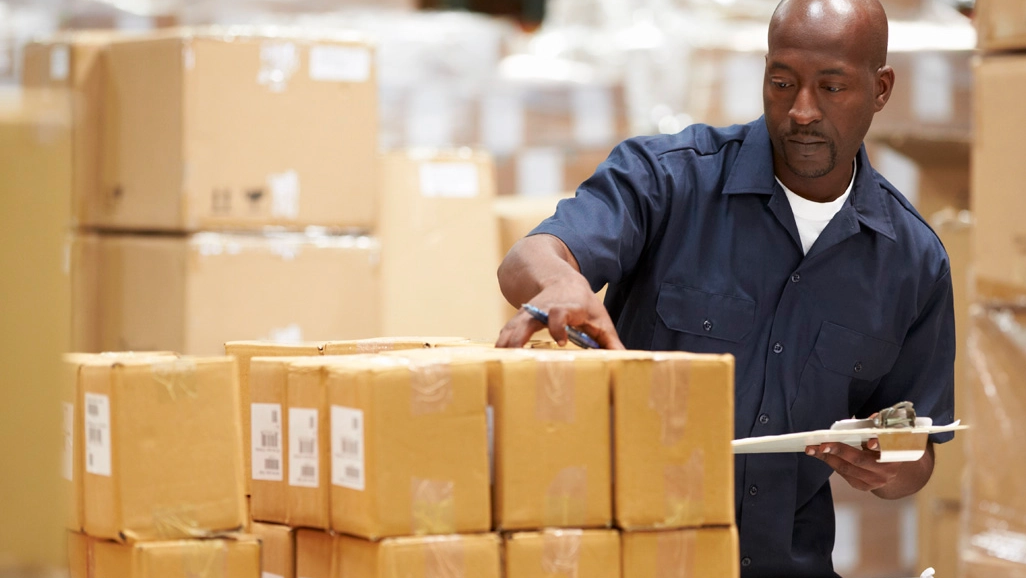
Published 28 May 2024
In August 2023, a group of Singaporean and Indian companies and banks successfully executed the world’s first fully paperless cross-border transaction involving traders, shippers, and banks. Leveraging the TradeTrust framework, a blockchain-powered protocol spearheaded by Singapore’s Infocomm Media Development Authority (IMDA), the transaction marked a significant milestone in the industry’s decades-long journey towards digitalized trade.
Since the 1980s, shipping industry players have made several attempts to move towards electronic bills of lading (eBLs) in a bid to inject more efficiency, transparency, and security into international trade. In the past, initiatives have been stymied by low rates of adoption, a lack of legal and technical interoperability, and companies’ slowness to change established systems. So far, the adoption of digitalized trade documentation has remained low due to the lack of legal and technical interoperability between eBL platforms available in the market.
With shipping at the heart of its economy, Singapore has emerged at the vanguard of the digitalization of global trade, having already taken steps to establish legal frameworks for Electronic Transferable Records and run pilot projects to test the viability of verifiable credentials and non-fungible tokens. In 2019, IMDA launched TradeTrust, a digital framework and solution to facilitate secure and efficient exchanges and effect title transfers seamlessly of digital documents including ETRs. Designed as a platform-agnostic protocol, TradeTrust’s system fulfills the functions of traditional BL systems while simultaneously solving the lack of technical interoperability of existing eBL platforms.
Download Bringing trade into the Web 3.0 by Siddharth Poddar:

The TradeTrust framework also enables governments and businesses to independently verify the authenticity of these ETRs. Any TradeTrust-enabled eBL system can leverage its cutting-edge Web 3.0 capabilities to address the various challenges that have complicated the industry’s journey towards full digitalization. In this paper commissioned by the Hinrich Foundation, Siddharth Poddar of content consultancy StoneBench worked with IMDA on a months-long project to dissect and explain how TradeTrust works, its reception among businesses, and how it could revolutionize cross-border commerce.
© The Hinrich Foundation. See our website Terms and conditions for our copyright and reprint policy. All statements of fact and the views, conclusions and recommendations expressed in this publication are the sole responsibility of the author(s).
Author
Siddharth Poddar
Siddharth co-founded StoneBench in 2012 after five years as a financial journalist in Asia, and as a features editor across print and digital platforms. He has over 14 years of experience as an editor covering business and industry in Asia.
Have any feedback on this article?
Related Articles

Fast-tracking blockchain use for interoperable and inclusive trade
11 May 2022

Super connector platforms can drive digital trade facilitation
07 March 2023

E-commerce and LDCs: The different speeds of greater integration
21 November 2023

Fast-tracking blockchain use for interoperable and inclusive trade
11 May 2022

Super connector platforms can drive digital trade facilitation
07 March 2023

E-commerce and LDCs: The different speeds of greater integration
21 November 2023

Fast-tracking blockchain use for interoperable and inclusive trade
11 May 2022


